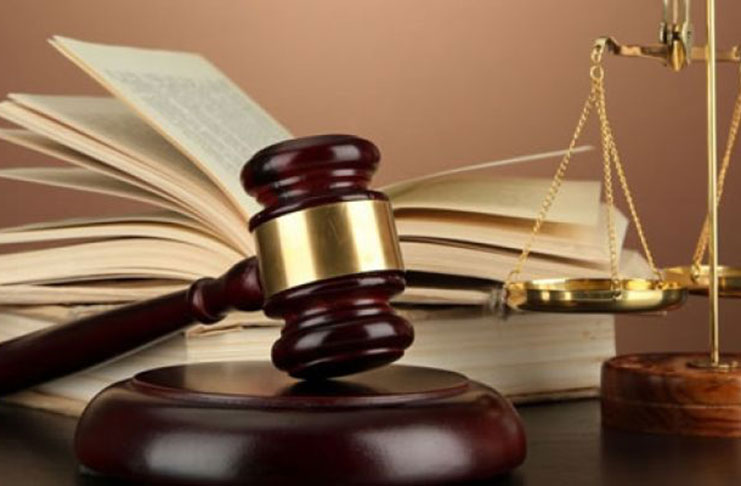Judiciary in India — Structure and functions and judicial review
Union Judiciary : The Supreme Court ; its role and powers The Supreme Court is the highest court of The Indian Republic. Judiciary, the third organ of the government, has an important role to play in the governance. It settles the disputes, interprets laws, protects fundamental rights and acts as guardian of the Constitution. India … Read more Judiciary in India — Structure and functions and judicial review
